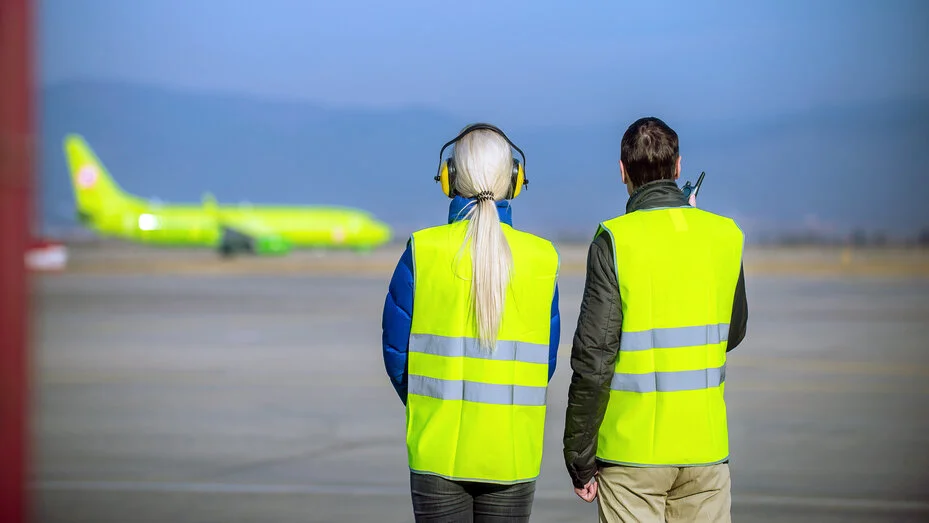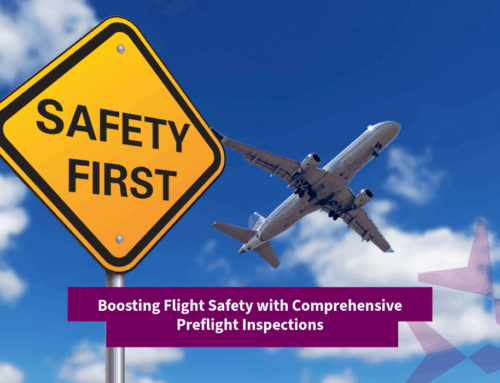Challenges faced by ground handling companies in 2025
The ground handling industry faces big challenges in 2025, navigating a complex landscape of technological disruption, economic pressures, and evolving aviation dynamics. This article explores the critical challenges ground handling companies must overcome to maintain efficiency, profitability, and competitive edge.

What is the purpose of ground handling
Ground handling plays a critical role in the aviation industry, ensuring that aircraft operations run smoothly and efficiently. However, as the aviation sector evolves, ground-handling companies face significant challenges in adapting to new technologies, regulatory changes, and industry demands.
1. Technological Transformation and Digital Integration
Ground-handling companies are experiencing a rapid technological revolution that demands significant investments and adaptive strategies.
2. Workforce Management and Skill Development
The human element remains crucial in ground handling, presenting multiple challenges:
- Labor Shortages: Recruiting and retaining skilled personnel in a competitive job market
- Training and Upskilling: Developing comprehensive training programs to keep pace with technological advancements
- Workforce Diversity and Inclusion: Creating inclusive work environments that attract talent from diverse backgrounds
3. Economic Pressures and Cost Management
Economic volatility continues to impact ground handling operations:
- Rising Operational Costs: Managing increased expenses related to fuel, equipment maintenance, and technological upgrades
- Competitive Pricing: Balancing competitive service rates with sustainable business models
- Resource Optimization: Implementing lean operational strategies to maximize efficiency
4. Environmental Sustainability Challenges
Sustainability has become a critical focus for ground handling companies:
- Carbon Emission Reduction: Developing strategies to minimize environmental impact
- Green Technology Adoption: Investing in electric ground support equipment and sustainable infrastructure
- Regulatory Compliance: Meeting increasingly stringent environmental regulations
5. Post-Pandemic Operational Adaptations
The lingering effects of the COVID-19 pandemic continue to shape ground handling operations:
- Health and Safety Protocols: Maintaining robust health safety measures
- Flexible Operational Models: Developing agile response mechanisms to potential future disruptions
- Enhanced Passenger Experience: Implementing touchless technologies and streamlined processes
Overcoming Challenges faced by ground handling
- Continuous Technology Investment: Prioritizing strategic technological upgrades
- Strategic Workforce Development: Creating robust training and retention programs
- Sustainable Innovation: Balancing technological advancement with environmental responsibility
- Collaborative Partnerships: Developing strong relationships with airlines, airports, and technology providers







